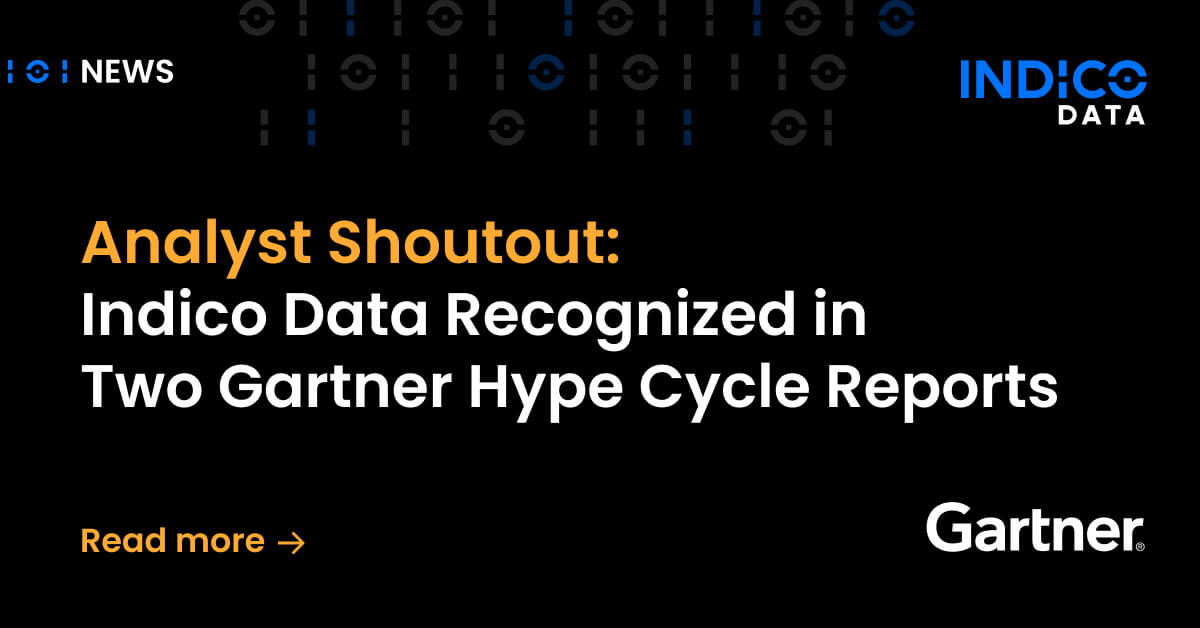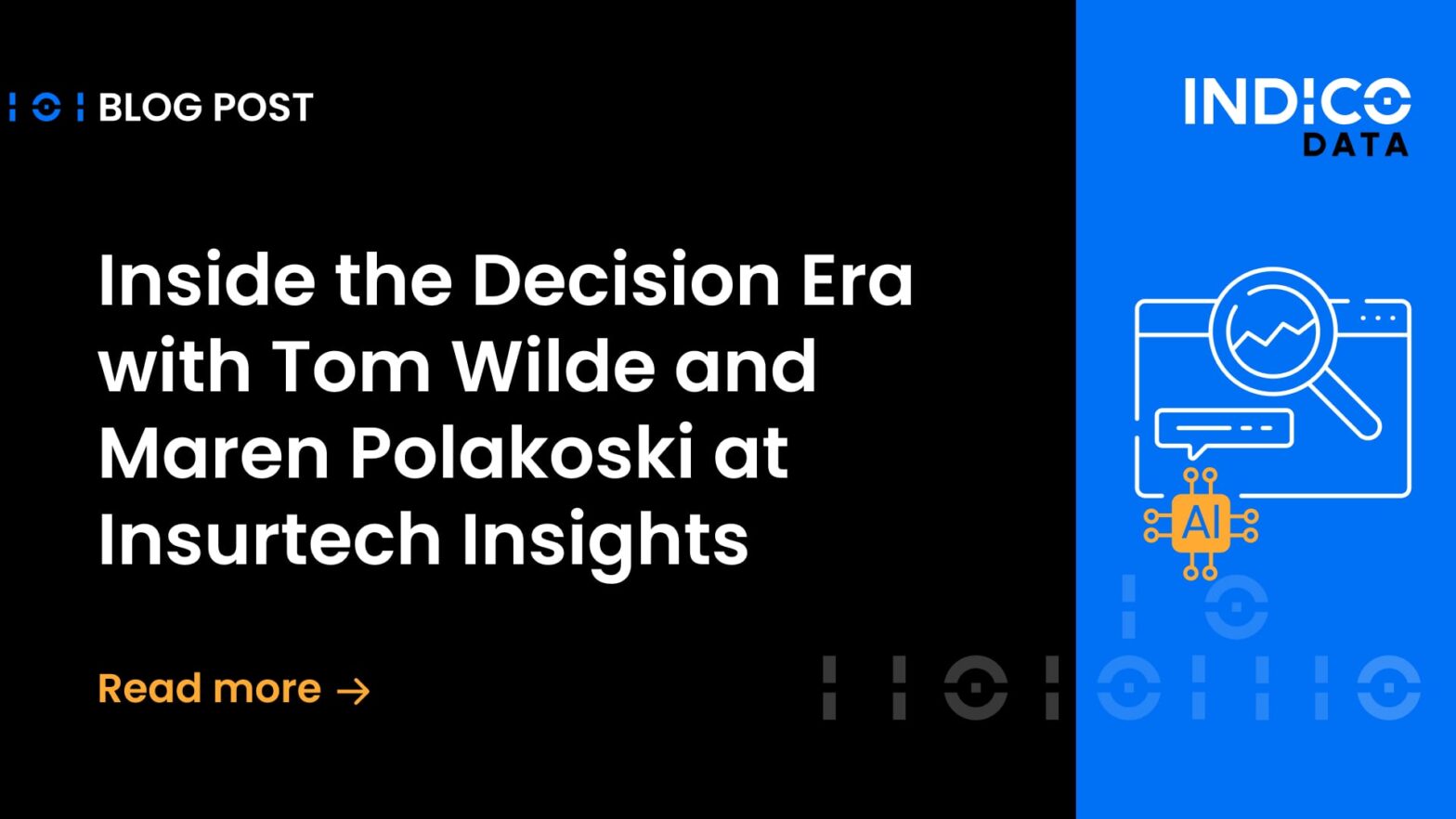Invoices have long been a vexing use case for healthcare providers’ document process automation, mainly because many seem to think invoices are structured or semi-structured documents and, thus, suitable for robotic process automation or a template-based approach. That’s not really the case, as anyone who has tried to automate processing of invoices from long-term healthcare facilities will tell you.
Health insurance providers know this well. They routinely deal with two main flavors of long-term healthcare facility invoices.
Variation in long-term healthcare invoices
The first comes from a third-party processor such as AssureCare, which pre-processes the claims and normalizes them. In that case, the invoices do take on more of a structured format because invoices from multiple different providers are made to look largely the same. That’s a big help when it comes to document process automation. (Check out our blog post, “Outlining the Difference Between Unstructured, Structured and Semi-Structured Data,” for details on that topic.)
The second flavor is essentially the invoicing equivalent of the Wild West. Each provider uses its own format, so there’s no standardization from one to the next. While it’s true that each invoice may have common attributes such as patient name, account number, dates, addresses, services rendered and dollar amounts, there’s no telling where on the invoice these values will appear.
That kind of variation makes it impossible for an RPA solution or one that takes a templated approach to automation to deal with these invoices. Such tools work well only with highly structured documents, where the values to be extracted are in the same place every time.
How intelligent document processing bests RPA
I speak from experience here, as I’ve seen instances where customers have tried and failed to automate the processing of multi-variant invoices with RPA-based tools or templates. It leaves them suspicious that any document process automation solution will be able to address the problem.
That’s when we explain how intelligent document processing is different. It takes advantage of artificial intelligence technologies such as machine learning and transfer learning to do what RPA and templated tools can’t: read and comprehend unstructured documents much like your employees do.
In practice, here’s what that means for automating invoice processing for long-term healthcare. For a typical invoice, we’ll identify about six values from the invoice header and another eight or so from the body. Our platform will then extract those values and translate them into a structured format so they can be input to your system of record, such as K2. If you so choose, you can use an RPA tool for that last step because the data is now in a structured format that the tool can handle.
What this process replaces is a bunch of your employees doing the same “see and key” work. Typically, they have two screens open, one with the invoice and the other with the downstream system of record. They spend many hours per day simply cutting and pasting values from one screen to the other. It’s tedious, unrewarding, and prone to error simply due to the monotony of it all.
Intelligent automation delivers big savings
Automating even part of the process delivers significant productivity gains. If you can succeed in training a model to reliably recognize 80%, 85% or 90% of the values you care about, that translates into a dramatic increase in process capacity – meaning fewer people to do the same work. Now you’ve freed up employees to do other, more strategic work, or set yourself up for lots of growth without increasing headcount.
We routinely see these kinds of results when customers use the Indico Unstructured Data Platform for invoice processing, as well as numerous other kinds of unstructured documents. For the semi-structured invoices like those from AssureCare the figures are even better.
Learn more about what the platform can do for the unstructured documents you need to process by checking out our interactive demo or scheduling a live demo. Got questions? Just contact us. We’ll be happy to help.


